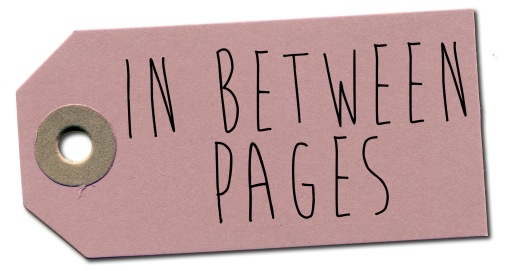 The Nazi and the Barber is the novel about Max Schulz, barber, SS man, mass murderer and later a fighter for the Jewish state of Israel. If you think this sounds pretty bizarre you are not mistaken, it really is.
The Nazi and the Barber is the novel about Max Schulz, barber, SS man, mass murderer and later a fighter for the Jewish state of Israel. If you think this sounds pretty bizarre you are not mistaken, it really is.
The novel describes the course of Max Schulz’s life: his childhood friendship with his Jewish friend Itzig Finkelstein, the beginning of the Second World War and his active involvement in the SS and how he assumes his dead friends identity to avoid punishment. The plot of the novel is definitely very absurd, moving from hair salons to concentration camps and later to a new life in Israel.
The German author Edgar Hilsenrath, who wrote the novel, was a Holocaust survivor. Even though the book was originally written in German, it was first published in many different countries. In Germany, publishing houses had a hard time with the content and were worried how the German readers would react to the novel. It did get published eventually and it is of great importance that it did. The book forces the reader to look at the Second World War through the eyes of an active participant in the holocaust and a committed National Socialist. The story often takes very extreme turns, Schulz does not seem to have a sense of how absolutely horrific his crimes are, especially at the times when he is still in the middle of committing them. I felt that this, in its absurdity and unparalleled cruelty was actually a very accurate picture of the mindset of many people during the Second World War.
Max Schulz is continually trying to blame other people for his behaviour. It was the state, his mother, his stepfather, whoever it is, he never truly claims responsibility but continues to hide behind other people. So when Schulz talks about his horrific crimes, he hides behind orders without showing any feelings of remorse, isn’t that exactly what happened far too many times?
I thought this novel was difficult to read. It was unpleasant to be with this opportunistic and spineless, yet absolutely devoted Nazi who is also “just a normal guy”. Also I was questioning the reactions I had to the content and the book’s often satirical form. Is this funny? What is it, he is really saying? A lot of times it was not easy to see clearly. I felt that because of the form of the novel, I, as the reader. was asked to engage with it even more. Somehow a satire often requires more reflective thinking because it makes you question the relationship of fiction and reality. Hilsenrath presented a scale of moral and amoral decisions the protagonist is taking and through those actions he speaks to the reader. Where should Schulz have stopped? Where is Schulz crossing the line? The novel in that sense can be seen as a meditation on the banality of evil (to quote Hannah Arendt), the “normality” of the perpetrators and the cold rationality and bureaucratic thought they put into building a machine of repression and death. It is an important piece of literature that should be read and reread as an effort to contribute to some form of understanding of the crimes that happened during the Second World War.
I was also very fortunate to see the novel adopted into a theatre play in Cologne. The whole play was performed by only two actors, which set a strong focus on the theme of identity. Both actors performed both the role of Schulz and Finkelstein, taking turns being the oppressor and the victim, the Nazi and the Jewish friend. On stage the moral issues that the book raises came to life in a very uncomfortable way. It was a very small theatre and everyone in the audience was very moved by the play. In one scene the two actors debate what punishment Schulz should hypothetically get. He killed thousands of people after all. The two actors debate what form of death would be just. Schulz replies something like, “No matter how I die I can only die once. And even if I were to die ten thousand times this would not help either. I can not take their deaths, can not take their fear and can not bring back the lives they could not live.” The other actor replies: “In that case: you are acquitted.” They laugh.
